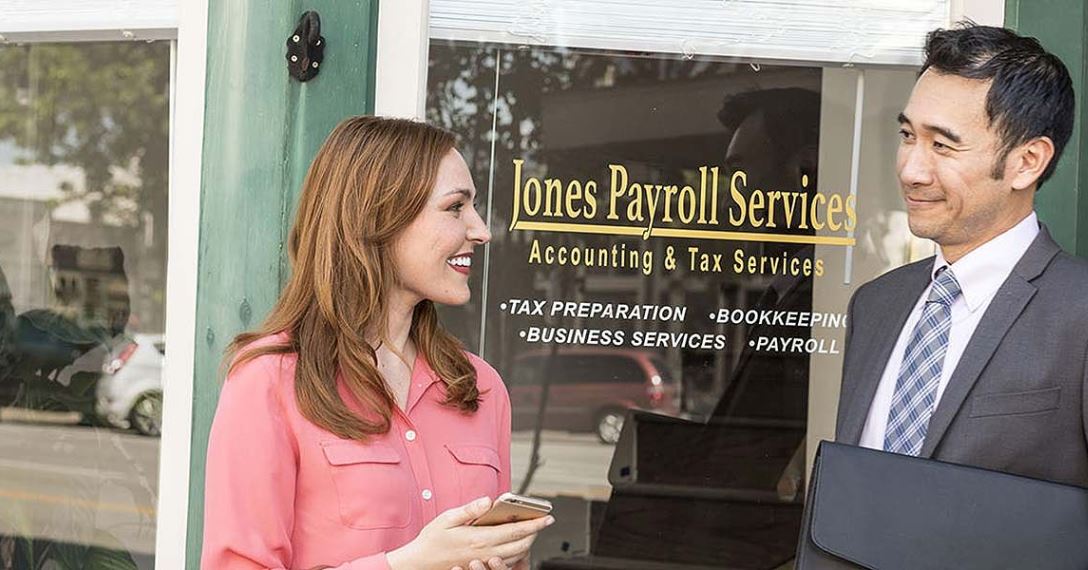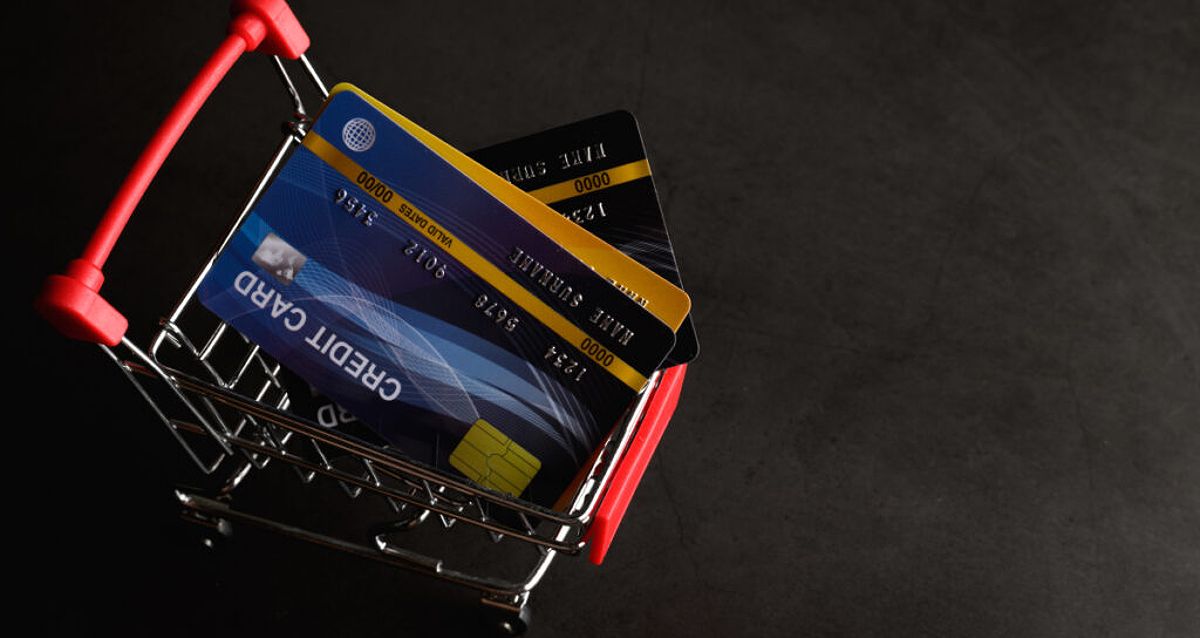Reclaim Your Financial Freedom: The Best Credit Card Debt Relief Strategies For 2024
Credit card debt can feel like an insurmountable burden, trapping countless individuals in a vicious cycle of high-interest payments and mounting stress. But the reality is, you don't have to suffer in silence. With the right strategies and a proactive approach, you can break free from the shackles of credit card debt and reclaim your financial freedom. In this comprehensive guide, we'll explore the best credit card debt relief options available in 2024, equipping you with the knowledge and tools to make an informed decision. Whether you're seeking a quick fix or a long-term solution, we'll analyze the pros and cons of each approach, empowering you to choose the right path for your unique financial situation.
Navigating the Credit Card Debt Relief Landscape
When it comes to tackling credit card debt, you have several options to consider. Let's delve into the most prevalent solutions and unpack their potential benefits and drawbacks.
Debt Consolidation: Simplifying Your Payments, Reducing Interest
Debt consolidation involves combining multiple high-interest credit card balances into a single loan with a lower interest rate. This approach can provide immediate relief by lowering your monthly payments and potentially saving you money on interest charges over time. However, it's important to note that qualifying for a debt consolidation loan may require a good credit score, and the new loan could temporarily impact your credit profile.
One of the key advantages of debt consolidation is the ability to pay off your debt faster. By consolidating your debts into a single loan with a lower interest rate, a larger portion of your monthly payment will go towards the principal balance, rather than being consumed by interest charges. This can lead to significant long-term savings and a quicker path to becoming debt-free.
Debt Management Plans: Negotiating Better Terms with Creditors
Debt management plans offer a structured approach to tackling credit card debt. By working with a credit counseling agency, you can negotiate lower interest rates and create a customized payment plan with your creditors. This can make your debt more manageable, but it's crucial to understand that these plans may affect your credit score and require a long-term commitment.
The primary benefit of a debt management plan is the guidance and support provided by the credit counseling agency. These professionals have established relationships with creditors and can often negotiate better terms, such as reduced interest rates and waived fees, on your behalf. This can make your monthly payments more affordable and help you pay off your debt faster.
Debt Settlement: Negotiating Reduced Balances, Potential Risks
Debt settlement involves negotiating with your creditors to settle your debt for less than the full amount owed. This approach can potentially lead to significant debt reduction, but it also carries substantial risks, including a negative impact on your credit score and potential tax implications.
The main advantage of debt settlement is the possibility of reducing the overall amount of debt you owe. By negotiating with creditors, you may be able to settle your debts for a fraction of the original balance, providing substantial savings. This can be particularly useful for those who are struggling with insurmountable debt and have exhausted other options.
However, the debt settlement process often involves missed or late payments, which can have a significant and long-lasting impact on your credit score. This, in turn, can make it more difficult to obtain new credit, secure favorable interest rates, or even rent an apartment in the future. Additionally, the forgiven debt may be considered taxable income, leading to potential tax liabilities.
Bankruptcy: The Last Resort, Weigh the Consequences Carefully
Bankruptcy may be a viable option if your debt is truly overwhelming, and you've exhausted all other alternatives. While it can provide a fresh financial start, it also has a substantial negative impact on your credit and long-term financial stability.
The primary benefit of bankruptcy is the ability to eliminate most, if not all, of your unsecured debt, such as credit card balances, medical bills, and personal loans. This can provide immediate relief and a clean slate to rebuild your financial future. Bankruptcy can also stop foreclosure proceedings and wage garnishments, giving you a chance to regain control of your finances.
However, the downsides of bankruptcy are significant. Filing for bankruptcy will remain on your credit report for up to 10 years, making it challenging to obtain new credit, secure a mortgage, or even rent an apartment. The long-term consequences of bankruptcy can make it difficult to achieve your financial goals, such as purchasing a home or starting a business.
Choosing the Best Credit Card Debt Relief Strategy for You
To determine the best credit card debt relief option for your situation, start by assessing your financial standing. Analyze your income, expenses, and debt levels to understand your current situation. This will help you identify the most suitable solution based on your specific needs and goals.
Next, consider how your credit score may impact your eligibility for different debt relief solutions. Some options, like debt consolidation, may require a good credit score, while others, such as debt settlement, may be more accessible to those with damaged credit.
Lastly, evaluate your financial objectives. Are you looking to pay off your debt as quickly as possible, or do you need more immediate relief? Align your chosen strategy with your long-term goals to ensure a sustainable and effective path to financial freedom.
To make an informed decision, it's advisable to consult with a reputable financial advisor. They can provide personalized guidance and help you navigate the complex world of credit card debt relief. Be cautious of debt relief scams and always thoroughly research any company or service before engaging with them.
The Top Credit Card Debt Relief Companies in 2024
While there is no one-size-fits-all solution for credit card debt relief, several leading companies have established themselves as trusted providers in the industry. Let's take a closer look at a few top options to consider:
Accredited Debt Relief: Experience, Transparency, and Client-Centric Approach
Accredited Debt Relief is a well-established debt settlement company with a proven track record of helping clients reduce their credit card debt. Their experienced team negotiates with creditors to settle debts for less than the full amount owed, potentially saving you a significant amount in the long run. Accredited Debt Relief's transparent pricing and positive client reviews make them a compelling choice for those seeking credit card debt relief.
National Debt Relief: Expertise, Customized Plans, and Flexible Payment Options
National Debt Relief is another prominent provider of debt settlement services. With a high success rate and dedicated customer support, they work closely with clients to create customized debt relief plans. National Debt Relief's flexible payment options and proven expertise make them a strong contender for those struggling with high-interest credit card debt.
In addition to these well-known companies, there are other reputable providers of credit card debt relief services. It's important to thoroughly research and compare your options to find the best fit for your specific needs and financial goals.
DIY Debt Relief Strategies: Take Control of Your Finances
If you prefer a more hands-on approach to your credit card debt relief, there are several DIY strategies you can explore:
Negotiate with Creditors: Leverage Your Proactive Approach
Contact your credit card companies directly and request lower interest rates, revised payment plans, or even debt forgiveness. Many creditors are willing to work with customers who are proactively trying to manage their debt, as it can be more beneficial than writing off the debt entirely.
Create a Detailed Budget: The Foundation for Debt Repayment
Develop a comprehensive budget that tracks your income, expenses, and debt payments. This will help you identify areas where you can cut back and allocate more funds towards debt repayment, putting you firmly in control of your financial future.
Utilize Online Tools: Leverage Technology for Debt Management
Explore the wealth of online debt management tools available to track your progress, calculate optimal payment schedules, and explore different debt relief strategies. These resources can provide valuable insights to help you take control of your finances and make informed decisions.
By taking a proactive and structured approach to your credit card debt, you can make significant progress towards becoming debt-free, even without the assistance of a professional debt relief service.
Avoiding Debt Relief Scams: Protect Yourself from Predatory Practices
When it comes to credit card debt relief, it's essential to be vigilant and aware of potential scams. Some common red flags to watch out for include upfront fees, guarantees of debt forgiveness, and high-pressure sales tactics.
To ensure you're working with a legitimate company, verify their credentials with reputable organizations such as the Better Business Bureau, the Consumer Financial Protection Bureau, and the National Foundation for Credit Counseling. If you suspect you're being targeted by a scam, report it to the appropriate authorities immediately.
Protecting yourself from fraudulent debt relief services is crucial, as falling victim to such scams can further exacerbate your financial challenges. By staying informed and thoroughly vetting any company or service you consider, you can navigate the credit card debt relief landscape with confidence and avoid costly pitfalls.
FAQ: Answering Your Burning Questions
Q: What is the best way to get out of credit card debt?
A: The best approach depends on your individual circumstances, such as your credit score, debt level, and financial goals. Consulting with a reputable financial advisor can provide personalized guidance to help you choose the most suitable credit card debt relief strategy.
Q: How can I improve my credit score while dealing with credit card debt?
A: Focus on making on-time payments, keeping your credit utilization low, and avoiding opening new credit accounts. These steps can help you maintain or even improve your credit score as you work to pay off your debt.
Q: Is it worth it to file for bankruptcy?
A: Bankruptcy should be considered as a last resort after exhausting other options. While it can provide a fresh financial start, it can also have a significant and long-lasting impact on your credit score and financial future. Carefully weigh the pros and cons before making this decision.
Conclusion: Reclaim Your Financial Freedom
Escaping the clutches of high-interest credit card debt may seem like an uphill battle, but with the right strategies and resources, it's entirely possible. By understanding your debt relief options, choosing the best approach for your situation, and avoiding scams, you can take control of your finances and build a brighter financial future.
Take the first step today by exploring the services of reputable credit card debt relief companies or consulting with a qualified financial advisor. With dedication and a well-informed plan, you can overcome your debt challenges and reclaim your financial freedom.





